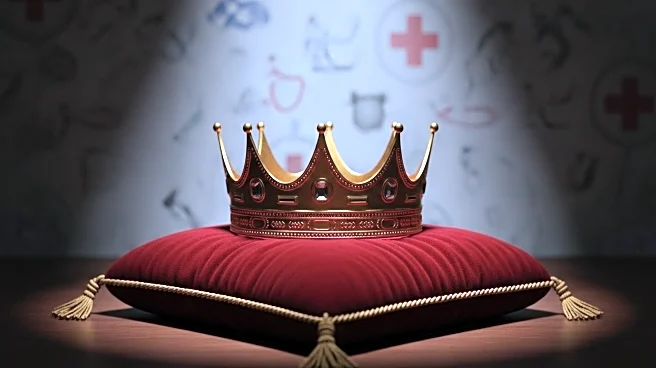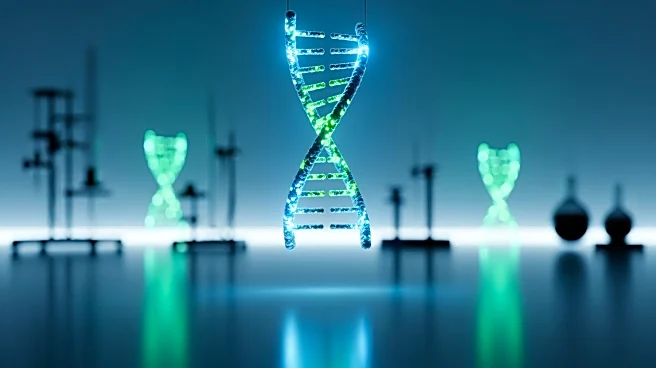What is the story about?
What's Happening?
Dr. Aseem Malhotra, a medical adviser to Robert F. Kennedy Jr., has claimed that King Charles and Kate Middleton may have developed cancer due to the COVID-19 vaccine. Malhotra, a British cardiologist, is associated with the activist group MAHA Action linked to RFK Jr. He cites discredited studies and claims supported by Steven Hatfill, a senior Department of Health and Human Services adviser. Despite these assertions, major health organizations like the CDC, FDA, and National Cancer Institute have stated there is no evidence linking COVID-19 vaccines to cancer. Malhotra is expected to make these claims at a conference of Nigel Farage’s Reform Party, which is inspired by MAGA. Farage, a Trump ally, recently met with President Trump.
Why It's Important?
The claims made by Malhotra could influence public perception of COVID-19 vaccines, potentially affecting vaccination rates and public health policy. The controversy highlights ongoing debates about vaccine safety and misinformation. If these claims gain traction, they could lead to increased vaccine hesitancy, impacting efforts to control COVID-19. The involvement of political figures like RFK Jr. and President Trump underscores the intersection of health policy and politics, with potential implications for future vaccine regulations and public trust in health authorities.
What's Next?
Malhotra's speech at the Reform Party conference may further fuel debates on vaccine safety. The Trump administration and RFK Jr. have reportedly considered banning the COVID mRNA vaccine, which could lead to significant policy shifts. Public health officials and medical experts may need to intensify efforts to counter misinformation and reassure the public about vaccine safety. The response from health organizations and political leaders will be crucial in shaping the narrative and addressing public concerns.
Beyond the Headlines
The claims raise ethical questions about the responsibility of public figures in disseminating health information. The potential impact on vaccine uptake and public health could be significant, especially if misinformation spreads unchecked. The situation also reflects broader challenges in combating health-related misinformation in the digital age, where unverified claims can quickly gain traction.
















